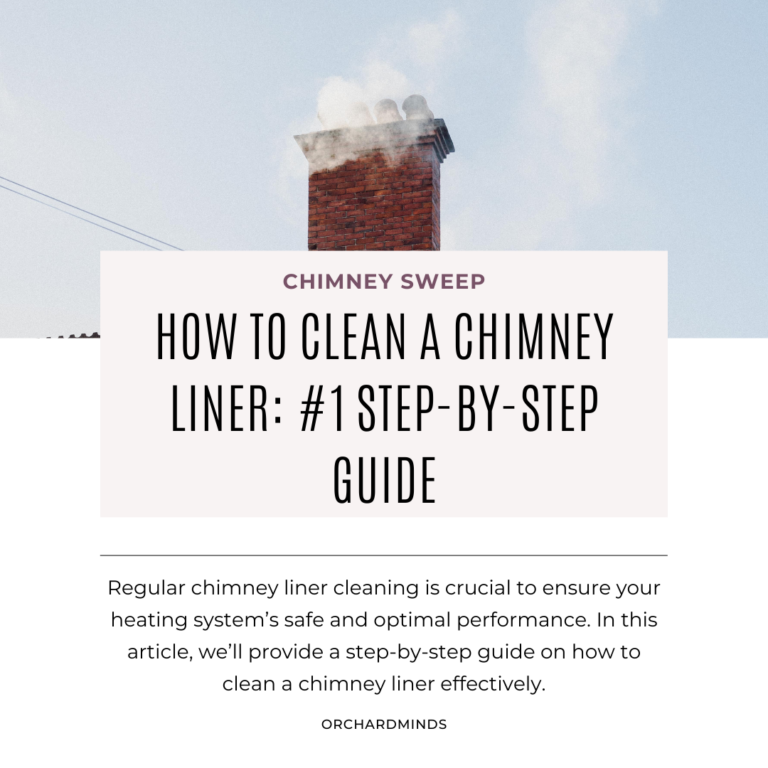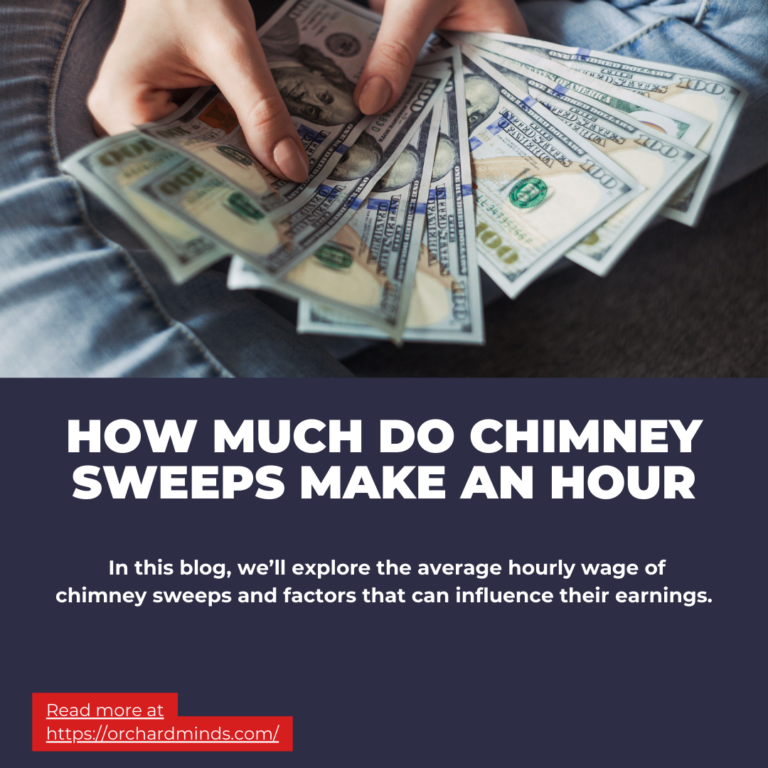When is the best time to clean your chimney? This is a confusing question. Regular chimney cleaning is an essential maintenance task to ensure the safety and efficiency of your fireplace or wood-burning stove. But when is the best time to clean the chimney? This comprehensive guide will explore the factors determining the ideal timing for chimney cleaning and provide insights to help you plan your chimney maintenance schedule effectively.
Seasonal Considerations
Spring Cleaning (Late Spring)
Late spring is an excellent time to clean your chimney. The heating season has likely ended by this point, and your fireplace or stove is used less frequently. Cleaning in late spring allows you to remove the buildup of soot, creosote, and debris accumulated during the colder months. This proactive approach ensures that your chimney is clean and ready for the next heating season, reducing the risk of any odors or pests during the warmer months.
Early Fall
Another optimal time for chimney cleaning is early fall, just before the heating season begins. By having your chimney cleaned and inspected now, you can ensure it’s safe and ready for use when you need it most. This also allows you to address any issues or necessary repairs well before the colder weather, preventing any last-minute surprises that could leave you without a functional heating source.
Frequency of Use
The frequency of chimney use plays a significant role in determining when it should be cleaned:
Regular Use:
You must prioritize regular chimney cleaning if you frequently use your fireplace or wood-burning stove throughout the heating season. Here’s why:
- Creosote Buildup: Each time you burn wood in your fireplace or stove, a byproduct called creosote forms and sticks to the chimney’s inner walls. Creosote is highly flammable; over time, it can accumulate, becoming a significant fire hazard.
- Recommended Frequency: Experts generally recommend cleaning your chimney every 50 to 70 fires or annually for heavy users. The frequency may vary depending on the wood you burn, how often you use your fireplace or stove, and the quality of your chimney’s insulation.
- Preventing Chimney Fires: Frequent chimney cleaning is crucial for preventing chimney fires. A chimney fire occurs when the creosote buildup ignites, and it can be hazardous, potentially leading to structural damage or a house fire. Regular cleaning helps remove this combustible material, significantly reducing the risk.
Occasional Use:
For those who use their chimney infrequently, such as for special occasions or occasional heating during milder weather, the cleaning schedule differs:
- Annual Inspection: Even if you use your chimney infrequently, it’s vital to have an annual inspection. An inspection ensures that your chimney remains in good condition and is safe to use when needed. A certified chimney sweep will check for structural issues, blockages, or potential hazards during the inspection.
- Limited Creosote Buildup: With less frequent use, your chimney generally has less creosote buildup. However, it’s essential not to overlook an annual inspection. Creosote can accumulate over time, and any amount can pose a fire risk.
- Safety Assurance: An annual inspection provides peace of mind, knowing that your chimney and heating system are safe and ready for use when the occasion arises. It also allows for early detection of any issues requiring maintenance or repairs.
What is the Best Time to Clean Your Chimney?
The best time to clean your chimney depends on several factors, including the season, frequency of use, and your geographical location. Generally, there are two optimal times for chimney cleaning: late spring and early fall.
Late spring is an excellent time to schedule chimney cleaning. The heating season has likely ended by this point, and your fireplace or wood-burning stove is used less frequently. Cleaning in late spring allows you to remove the buildup of soot, creosote, and debris accumulated during the colder months. This proactive approach ensures that your chimney is clean and ready for the next heating season, reducing the risk of any odors or pests during the warmer months.
Another ideal time is early fall, just before the heating season begins. Having your chimney cleaned and inspected at this time ensures that it’s safe and ready for use when you need it most. This also provides an opportunity to address any issues or necessary repairs well in advance of the colder weather, preventing any last-minute surprises that could leave you without a functional heating source. Regardless of the season you choose, regular chimney cleaning is vital for the safety and efficiency of your heating system, and it’s recommended to consult with a certified chimney sweep to determine the best timing for your unique situation.
Weather Considerations
Dry Weather
Choosing a dry, clear day for chimney cleaning is ideal. Rain or snow can make the process more challenging and less effective, as moisture can mix with the soot and creosote, making it harder to remove. Dry weather allows for a more thorough and efficient cleaning.
Professional Inspection
Regardless of the time of year, having a professional chimney inspection at least once a year is crucial. A certified chimney sweep can assess the condition of your chimney, identify any potential hazards, and recommend the appropriate cleaning and maintenance schedule based on your usage and specific needs.
FAQs about best time to clean your chimney
Why is late spring an ideal time to clean a chimney?
Late spring is an excellent time for chimney cleaning because it typically marks the end of the heating season. Cleaning at this point removes the soot and creosote buildup accumulated during the colder months. This proactive approach ensures your chimney is ready for the next heating season, reducing the risk of any odors or pests during the warmer months.
Can I clean my chimney during the winter if I notice excessive creosote buildup?
While it’s possible to clean a chimney during the winter if necessary, it’s generally not recommended. Cold temperatures can make cleaning more challenging, and moisture from snow or rain can mix with creosote, making it harder to remove. Additionally, it’s safer to schedule chimney cleaning during milder weather when it is not in active use.
Is early fall a suitable time for chimney cleaning?
Yes, early fall is another optimal time to clean your chimney. Getting it done just before the heating season ensures your chimney is safe and ready for use when needed. It also allows addressing any necessary repairs or maintenance ahead of the colder months.
Can I clean my chimney, or should I hire a professional sweep?
While some homeowners choose to clean their chimneys themselves, hiring a professional chimney sweep is generally recommended. Certified chimney sweeps have the expertise, tools, and knowledge to thoroughly clean and inspect your chimney, ensuring it’s safe and in good condition. DIY chimney cleaning can be risky, especially if you lack experience, so professional assistance is often safer.
How often should I clean my chimney if I use it regularly during the heating season?
If you use your fireplace or wood-burning stove frequently throughout the heating season, it’s advisable to have your chimney cleaned more often. Chimney cleaning is typically recommended for heavy users every 50 to 70 fires or annually. The specific frequency may vary based on factors like the type of wood burned and the quality of chimney insulation. Regular cleaning helps prevent excessive creosote buildup, a significant fire hazard.




3 Comments